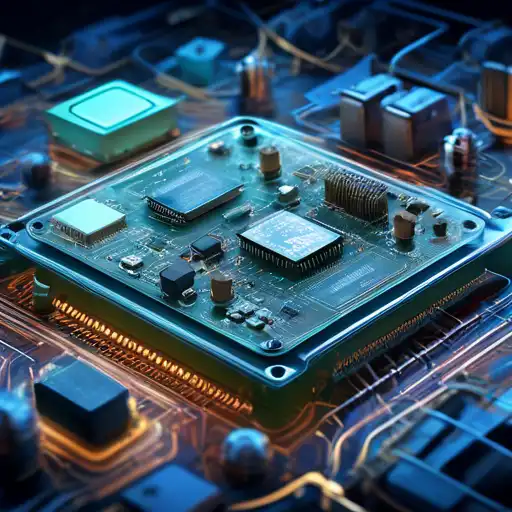The Hidden Power of Embedded Systems in Modern Smart Devices
Embedded systems are the cornerstone of today's smart devices, acting as the brains behind their functionality. From smartphones to smart refrigerators, these systems ensure that devices operate efficiently, intelligently, and autonomously. This article delves into the world of embedded systems, exploring their role, importance, and future in the realm of smart technology.
What Are Embedded Systems?
An embedded system is a dedicated computer system designed for specific control functions within a larger system. It is embedded as part of a complete device often including hardware and mechanical parts. Unlike general-purpose computers, which are designed to handle a wide range of tasks, embedded systems are optimized for their specific tasks, leading to increased efficiency and reliability.
The Role of Embedded Systems in Smart Devices
Smart devices rely on embedded systems to perform their core functions. These systems process inputs from the device's sensors, make decisions based on pre-programmed algorithms, and execute actions to achieve desired outcomes. For example, in a smart thermostat, the embedded system reads temperature data, compares it with the user's preferences, and adjusts the heating or cooling accordingly.
Key Components of Embedded Systems
- Microcontrollers: The heart of an embedded system, microcontrollers are compact integrated circuits designed to govern a specific operation in an embedded system.
- Sensors: These components collect data from the environment, such as temperature, light, or motion, which the system then processes.
- Actuators: Actuators convert the system's electrical signals into physical action, such as turning on a light or adjusting a motor's speed.
- Software: The software in embedded systems is tailored to the hardware it runs on, ensuring optimal performance and efficiency.
Why Embedded Systems Are Essential for IoT
The Internet of Things (IoT) represents a network of interconnected devices that communicate and share data. Embedded systems are pivotal to IoT, enabling devices to collect, process, and transmit data seamlessly. Without embedded systems, the smart, connected world we live in today would not be possible.
The Future of Embedded Systems in Smart Devices
As technology advances, embedded systems are becoming more sophisticated, with increased processing power, reduced size, and lower power consumption. Future trends include the integration of artificial intelligence (AI) to enable more autonomous decision-making and the use of more advanced materials to improve efficiency and durability.
Embedded systems are the unsung heroes of the digital age, powering the smart devices that make our lives easier and more connected. As we look to the future, their role will only grow, driving innovation and enabling new possibilities in technology and beyond.
